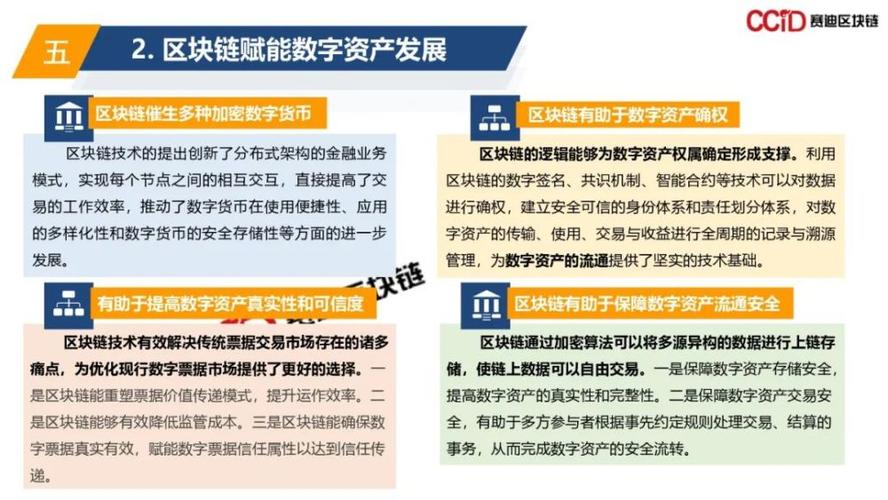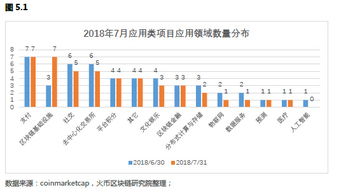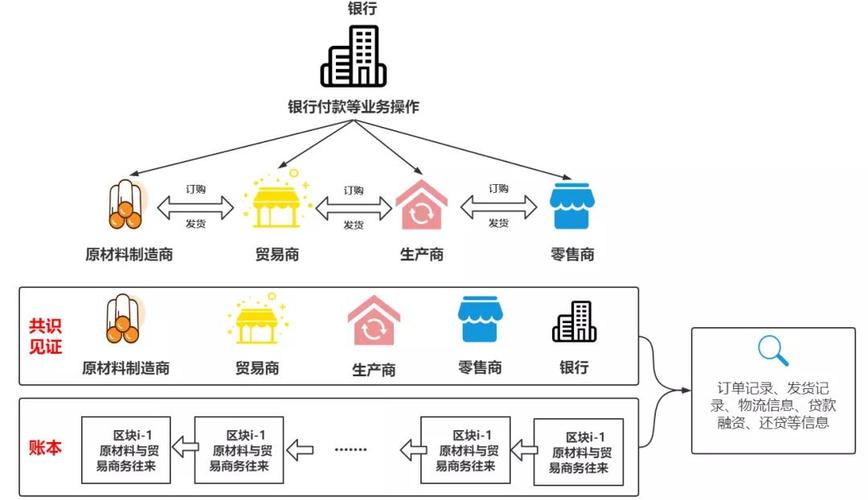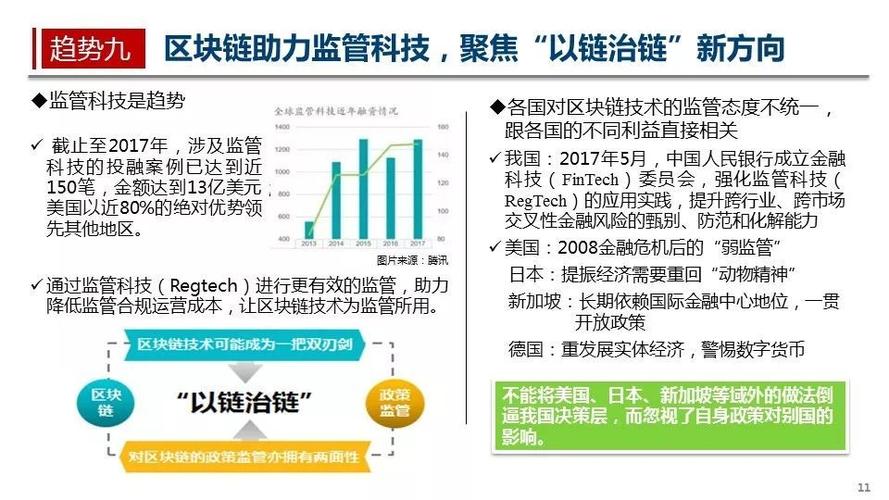区块链和数字化的关系
Exploring Digitalization in the Blockchain Industry
The blockchain industry has evolved significantly since its inception, with digitalization playing a pivotal role in shaping its landscape. Digitalization refers to the transformation of processes, activities, and assets into digital formats, often leveraging blockchain technology to enhance efficiency, transparency, and security. Let's delve into the various aspects of digitalization within the blockchain domain:
1. Tokenization:

Tokenization involves representing realworld assets or rights on a blockchain through digital tokens. These tokens can represent anything from physical assets like real estate and art to intangible assets like intellectual property or even ownership rights. By digitizing assets, tokenization enables fractional ownership, increased liquidity, and streamlined asset transfer processes.
Guidance:
Embracing tokenization can unlock new opportunities for asset monetization and investment diversification. However, regulatory compliance and interoperability standards must be carefully considered to ensure legal compliance and seamless asset transfer across different platforms. 2. Smart Contracts:
Smart contracts are selfexecuting contracts with the terms of the agreement directly written into code. These contracts automatically execute and enforce themselves when predefined conditions are met, eliminating the need for intermediaries and reducing the risk of fraud or manipulation. Digitalizing contracts on the blockchain enhances transparency, reduces transaction costs, and accelerates transaction settlement.
Guidance:
Leveraging smart contracts can streamline various processes, such as supply chain management, financial transactions, and legal agreements. However, ensuring the security and reliability of smart contract code is crucial to mitigate potential vulnerabilities and risks of exploitation. 3. Decentralized Finance (DeFi):
DeFi refers to a blockchainbased financial ecosystem that enables the provision of traditional financial services, such as lending, borrowing, trading, and asset management, without intermediaries like banks or brokers. Through digitalization, DeFi platforms facilitate peertopeer transactions, automate financial processes, and provide greater financial inclusion by eliminating geographical barriers and reducing entry barriers.
Guidance:
Participating in DeFi presents opportunities for accessing innovative financial services and earning competitive yields on digital assets. However, users should exercise caution and conduct thorough research due to the inherent risks associated with smart contract vulnerabilities, market volatility, and regulatory uncertainties. 4. Digital Identity:
Digital identity solutions leverage blockchain technology to provide secure and verifiable digital identities for individuals, organizations, and even devices. By digitalizing identity credentials and storing them on a decentralized ledger, users can maintain control over their personal data, reduce identity theft risks, and streamline identity verification processes across various services and platforms.
Guidance:
Embracing digital identity solutions can enhance user privacy, streamline user authentication processes, and enable seamless access to digital services. However, ensuring data privacy, security, and regulatory compliance are paramount to building trust and widespread adoption of digital identity solutions. 5. Supply Chain Management:
Digitalization of supply chains using blockchain technology enables endtoend visibility, transparency, and traceability of goods and products throughout the supply chain lifecycle. By recording every transaction and movement on an immutable blockchain ledger, stakeholders can verify the authenticity, origin, and journey of products, thereby enhancing product quality, reducing counterfeiting, and improving supply chain efficiency.
Guidance:
Implementing blockchainbased supply chain solutions can optimize inventory management, mitigate supply chain risks, and enhance trust and accountability among supply chain participants. Collaborating with industry partners and adopting interoperable standards can facilitate seamless integration and data exchange within complex supply chain ecosystems.In conclusion, digitalization is revolutionizing the blockchain industry by enabling the digitization of assets, automating processes through smart contracts, fostering decentralized finance, enhancing digital identity solutions, and optimizing supply chain management. Embracing digitalization presents numerous opportunities for innovation, efficiency, and inclusivity across various sectors, but careful consideration of regulatory, security, and interoperability aspects is essential to realize the full potential of blockchain technology.











